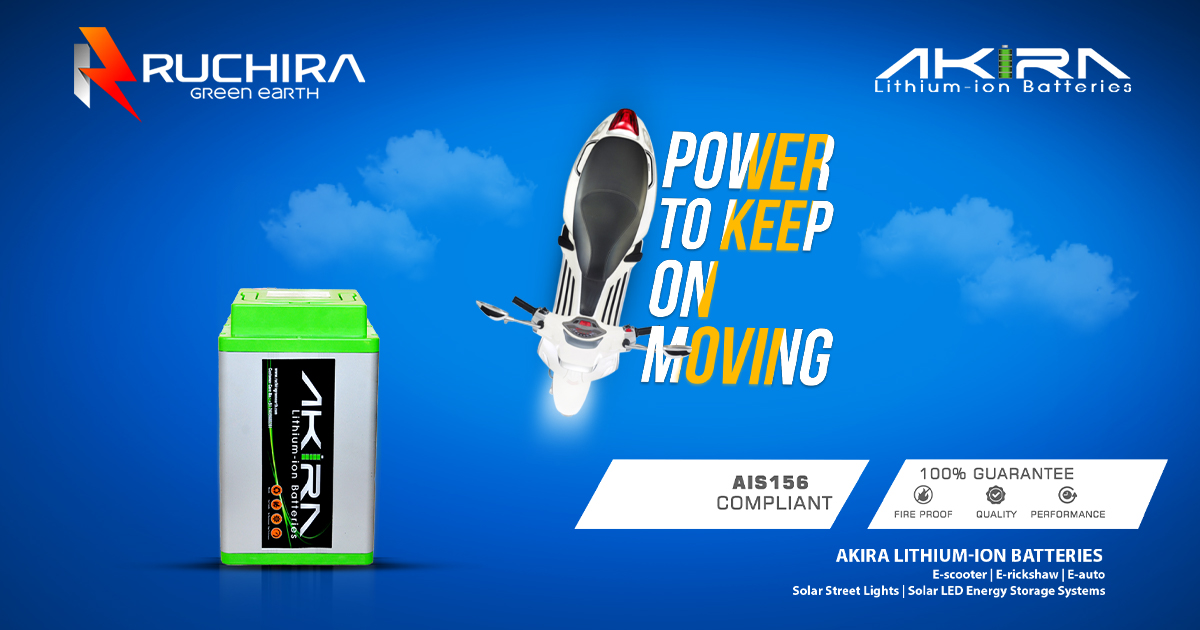As the world seeks to reduce carbon emissions and combat climate change, the transportation sector has become a focal point for innovation and transformation. At the forefront of this revolution are electric vehicles (EVs), powered by advanced lithium-ion batteries. These batteries play a crucial role in driving the future of transportation by offering a cleaner, more sustainable alternative to traditional internal combustion engines. In this blog post, we will explore the significance of lithium-ion batteries in electric vehicles and their potential to reshape the way we move.
The Rise of Electric Vehicles
In recent years, electric vehicles have gained significant traction as governments, businesses, and consumers increasingly prioritize sustainability and environmental stewardship. The shift towards EVs is driven by various factors, including stricter emissions regulations, advancements in battery technology, and growing concerns about air pollution and climate change. As a result, automakers around the world are investing heavily in electric vehicle development, with many setting ambitious targets for electrification in the coming years.
The Heart of Electric Vehicles: Lithium-Ion Batteries
At the core of every electric vehicle lies its battery pack, which serves as the primary energy storage system. Lithium-ion batteries have emerged as the technology of choice for EVs due to their high energy density, fast charging capabilities, and long cycle life. These batteries consist of lithium-ion cells that store electrical energy and power the vehicle’s electric motor, providing propulsion with zero tailpipe emissions.
Advantages of Lithium-Ion Batteries in Electric Vehicles
1. Energy Density: Lithium-ion batteries offer a high energy density compared to other battery chemistries, allowing electric vehicles to travel longer distances on a single charge. This extended range is essential for overcoming range anxiety and making EVs more practical for everyday use.
2. Fast Charging: Rapid advancements in lithium-ion battery technology have led to significant improvements in charging speed. With fast-charging infrastructure becoming more widespread, EV drivers can recharge their vehicles quickly, enabling long-distance travel with minimal downtime.
3. Durability and Longevity: Lithium-ion batteries are known for their durability and long cycle life, making them well-suited for the demanding requirements of electric vehicles. Modern battery management systems help optimize performance and prolong battery lifespan, ensuring reliable operation over the vehicle’s lifetime.
4. Reduced Environmental Impact: By replacing fossil fuel-powered vehicles with electric alternatives, lithium-ion batteries contribute to a reduction in greenhouse gas emissions and air pollution. Additionally, advancements in battery recycling and materials sourcing aim to further minimize the environmental footprint of electric vehicles.
Overcoming Challenges and Driving Innovation
While lithium-ion batteries have revolutionized the electric vehicle industry, challenges remain, including concerns about battery cost, charging infrastructure, and supply chain sustainability. However, ongoing research and development efforts are focused on addressing these challenges and driving further innovation in battery technology. From solid-state batteries to advanced manufacturing techniques, the future holds promising solutions that will continue to propel the adoption of electric vehicles.
Conclusion: Toward a Sustainable Transportation Future
In conclusion, lithium-ion batteries play a pivotal role in shaping the future of transportation, offering a clean, efficient, and sustainable alternative to conventional vehicles. As electric vehicles become increasingly mainstream, supported by advancements in battery technology and supportive government policies, they have the potential to revolutionize the way we move people and goods. By embracing electric mobility, we can pave the way towards a greener, more sustainable future for generations to come.
As we embark on this journey of electrification, it is clear that lithium-ion batteries will remain at the forefront, driving innovation and powering the transition to a cleaner, brighter tomorrow.
Akira is a trusted lithium-ion battery manufacturer offering durable batteries for two-wheelers and three-wheelers. Choose Akira batteries and ride ahead in the journey.
